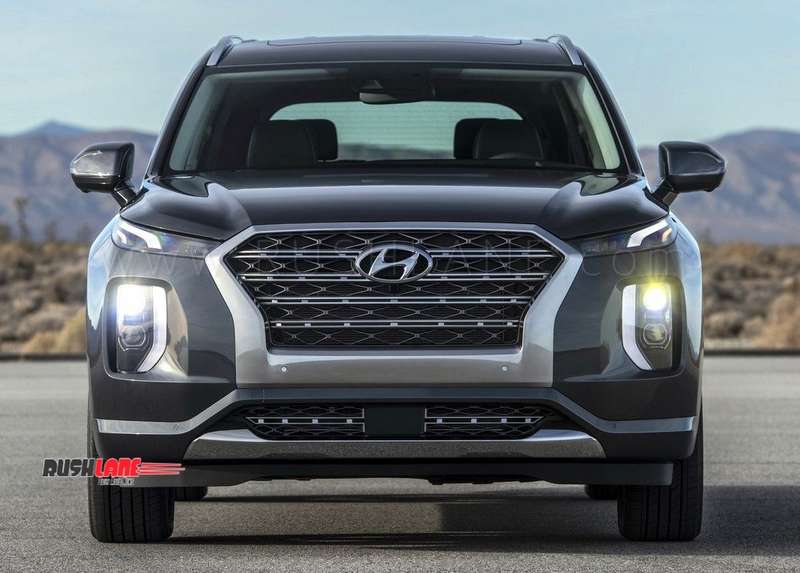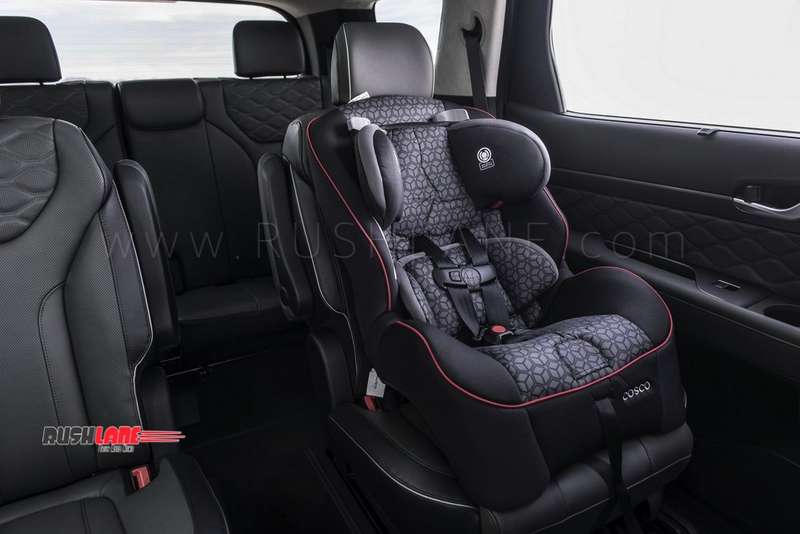Hyundai is known for its focus on innovation and technology integration and in the latest development, the Korean carmaker has unveiled a new multi-collision airbag system. This is the first of its kind airbag system in the world, which is designed to provide improved safety in multi-collision accidents. Standard airbags are quite effective in saving lives, but they cannot protect passengers in multi-collision accidents.
The idea of multi-collision airbag system makes practical sense, as three out of every 10 accidents involve multiple collisions. Some common examples include cases where a car hits secondary objects such as other vehicles, electric pole, fences, trees, wall, etc.

Cars hitting the divider and entering the opposite lane often leads to multi-collision accidents. A pile-up is also a common occurrence on high-speed expressways. Secondary collisions can happen after the first collision when the standard airbags are deployed. This increases the risk of injury to passengers, as the primary airbag can’t protect against secondary collisions.
Multi-collision airbag system developed by Hyundai works by detecting occupants’ position that may have changed due to the first impact. Intensity of secondary collision is also measured and if it meets predefined criteria, secondary airbags are immediately deployed. Secondary airbags are deployed faster than the primary airbags to provide enhanced protection for occupants in multi-collision accidents.

Hyundai feels that its revolutionary multi-collision airbag system can significantly improve safety in multi-collision accidents. Multi-collision airbag system has wide applicability and it can turn out to be a benchmark for other carmakers to follow.
It has potential to become an industry standard, just like dual-airbags and ABS. Hyundai has not revealed which cars will get multi-collision airbag system, but it is expected to be offered in new Hyundai and Kia cars.

